I Saw A City Die
I saw a city die
However dramatic we make death out to be, really, a human death is quite easy. Your heart stops. Once. One kind of death for everyone.
Have you ever seen a city die? It's not one death. It's uncountable. A tree so big you can't watch its fall. Like you can't watch the sun travel. There it is. You get distracted. Something flashes on your wall. You look out. It is gone.
A city's deaths are very varied. Some are gardens dying. Some gardens don't die, but really they do. Really, they're dead.
Some are wild trees dying. The ones we watered by mistake, or by a thread of benevolence. Strung through palms and generations, maybe. A collective nurturing, and every solitary splash thought it was alone. They die, until they become the kind of sticks who's snaps are anonymous. There is nothing here.
Some are people leaving. There are a lot of those. But if you watch people leave, you notice they were the ones who came in the first place. Not the ones who already were.
The ones who already were always are. They are the city. Killing an elephant takes rounds of lead to the heart. Still it takes hours untill it falls, days until it stops breathing. It's not easy, killing a dragon. Those that are must be killed differently. They do not leave. But you can make their home hostile to them. Twist and contort it until those that are have no place to be. They find a new spot, of course. A new city. Who's life blood they aren't.
A city dies a hundred deaths. Like watching someone assemble a puzzle, it's not dramatic enough to watch the process. Like sand falling. Suddenly the glass is empty.
The problem is the body. It's our symbol, vessel and object of death. Without it we don't recognise decay.
Death of a city is the rarest thing you'll see. The bigger, the less you see it. The most imposing, the less you'll watch. The more lights, the less you notice the void.
Because it's a lie. And when you notice. Finally notice,
all you see are the whisps; floating. No sound. Unwatched. No meaning in silence. Nothing. Pathetic in the way they outline whatever isn't there anymore.
More Posts from Libraryidealist and Others
obsessed with mass market paperbacks. their pleasing rectangular proportions. how they fit badly in a hoodie pocket so you can drag them around everywhere with you like a temporary little buddy. the way they fit in your hand because they're MADE for human hands and not as bookshelf decoration. the way the pages feel when you riffle them gently with your thumb. How pristine and crisp they look when you get them and how creased and folded they look when you're done, even if you try to be nice to them. how that wear is okay, how that's correct actually, because they're made with the philosophy that books aren't meant to be PRETTY, they're meant to be read. that little ripple new ones get on the left side from where you hold them when you're reading, the way the ripple only goes as far as you've read, because u change stories by reading as they are changing you. how you can find thousands of these creased and folded and loved little dudes in every thrift store and used book shop and neighborhood library and you can instantly see the ones that someone carried around in a backpack for weeks or read to pieces or gave up on halfway through because they wear being read like fresh snow wears footprints. I love these poorly made, subpar little rectangles so much. truly the people's books.
“I know a bank where the wild thyme blows, Where oxlips and the nodding violet grows, Quite over-canopied with luscious woodbine, With sweet musk-roses and with eglantine”
— Shakespeare, A Midsummer Night’s Dream, [Act II Scene I Line 249]
Hiroshima
Der den Tod auf Hiroshima warf Ging ins Kloster, läutet dort die Glocken. Der den Tod auf Hiroshima warf Sprang vom Stuhl in die Schlinge, erwürgte sich. Der den Tod auf Hiroshima warf Fiel in Wahnsinn, wehrt Gespenster ab Hunderttausend, die ihn angehen nächtlich, Auferstandene aus Staub für ihn.
Nichts von alledem ist wahr. Erst vor kurzem sah ich ihn Im Garten seines Hauses vor der Stadt. Die Hecken waren noch jung und die Rosenbüsche zierlich. Das wächst nicht so schnell, dass sich einer verbergen könnte Im Wald des Vergessens. Gut zu sehen war Das nackte Vorstadthaus, die junge Frau Die neben ihm stand im Blumenkleid Das kleine Mädchen an ihrer Hand Der Knabe, der auf seinem Rücken saß Und über seinem Kopf die Peitsche schwang. Sehr gut erkennbar war er selbst Vierbeinig auf dem Grasplatz, das Gesicht Verzerrt von Lachen, weil der Photograph Hinter der Hecke stand, das Auge der Welt.
--Marie Luise Kaschnitz
unfortunately no eclipse photography can ever outdo the waffle house one from 2017
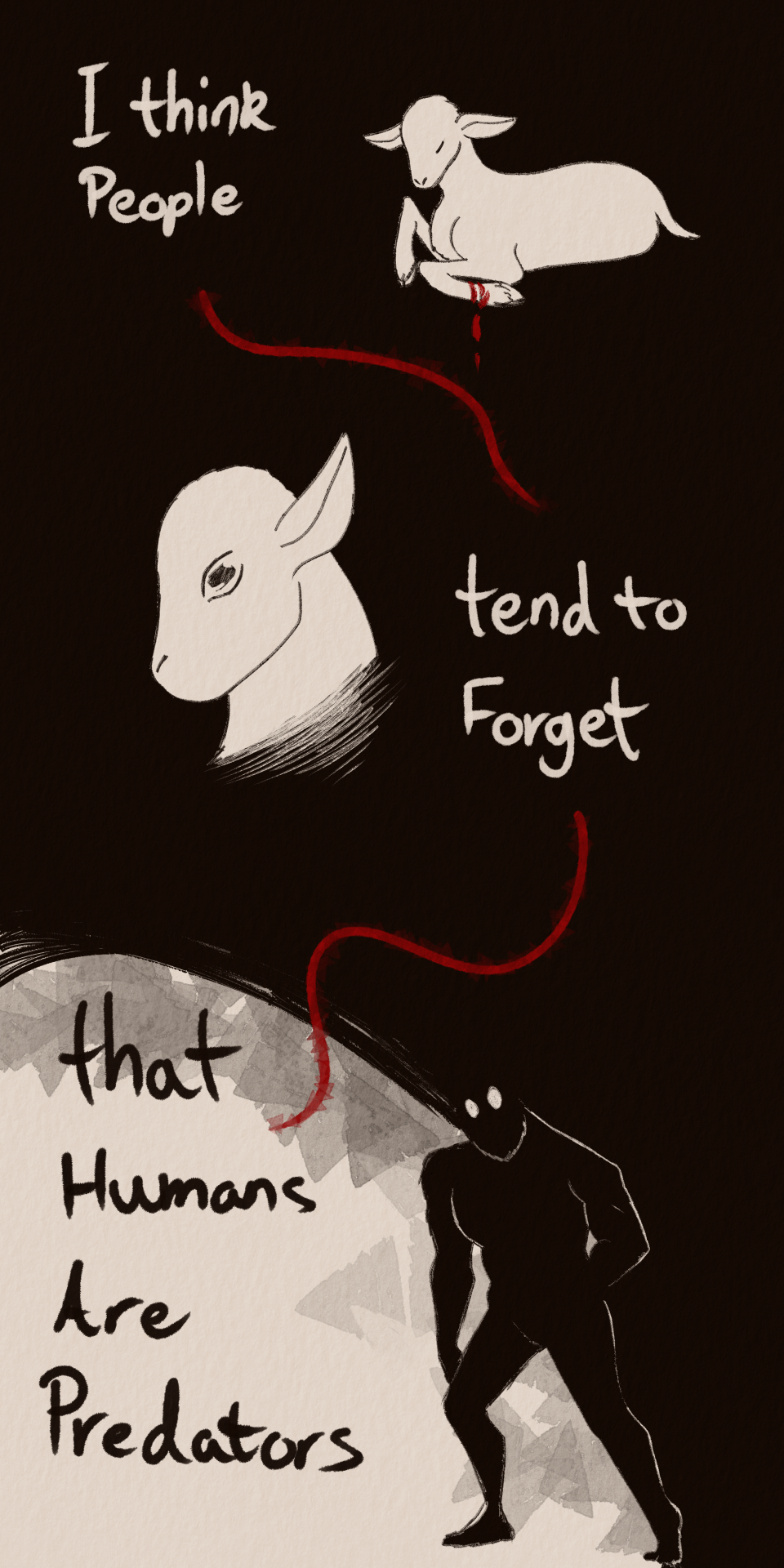
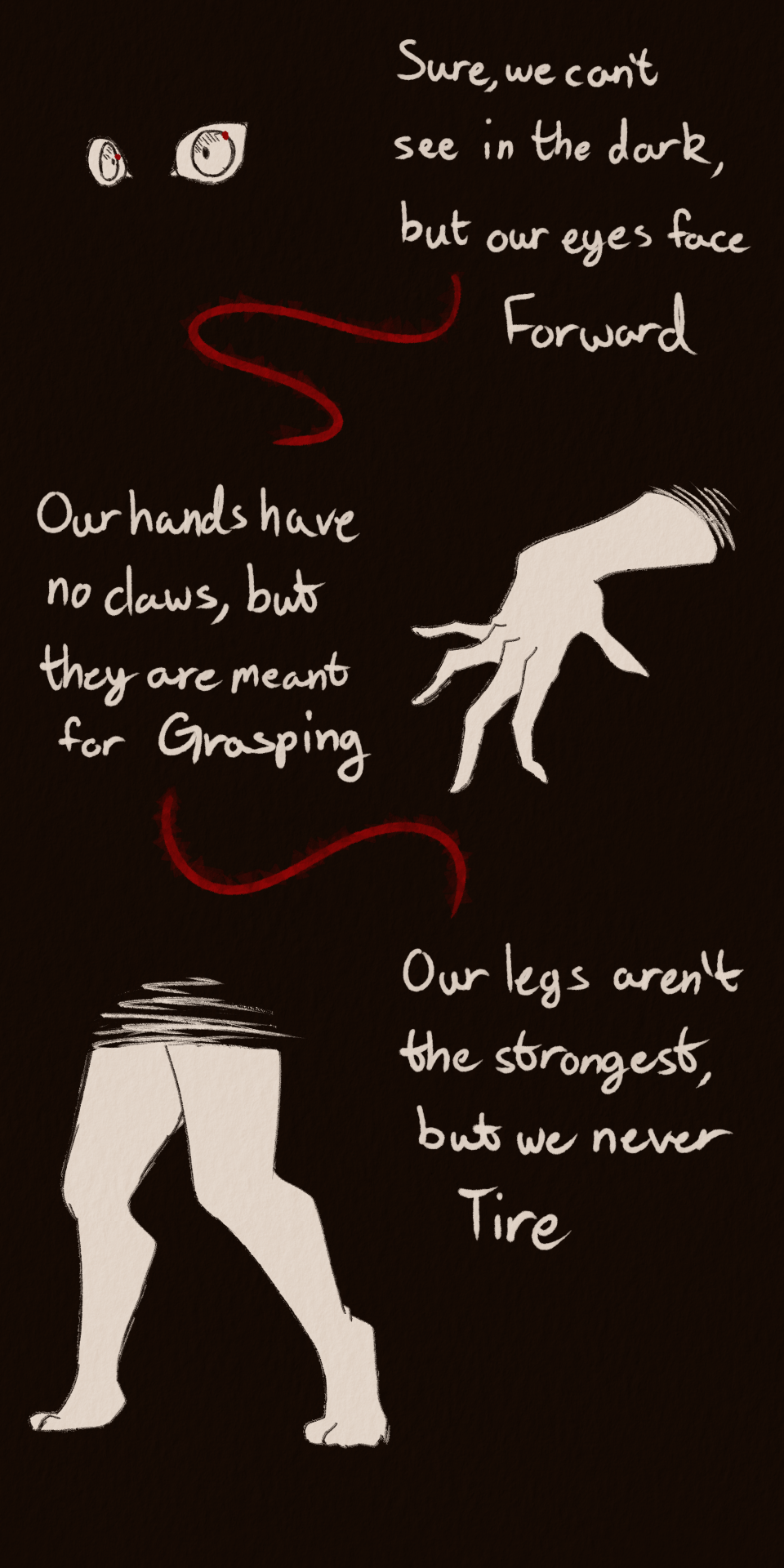
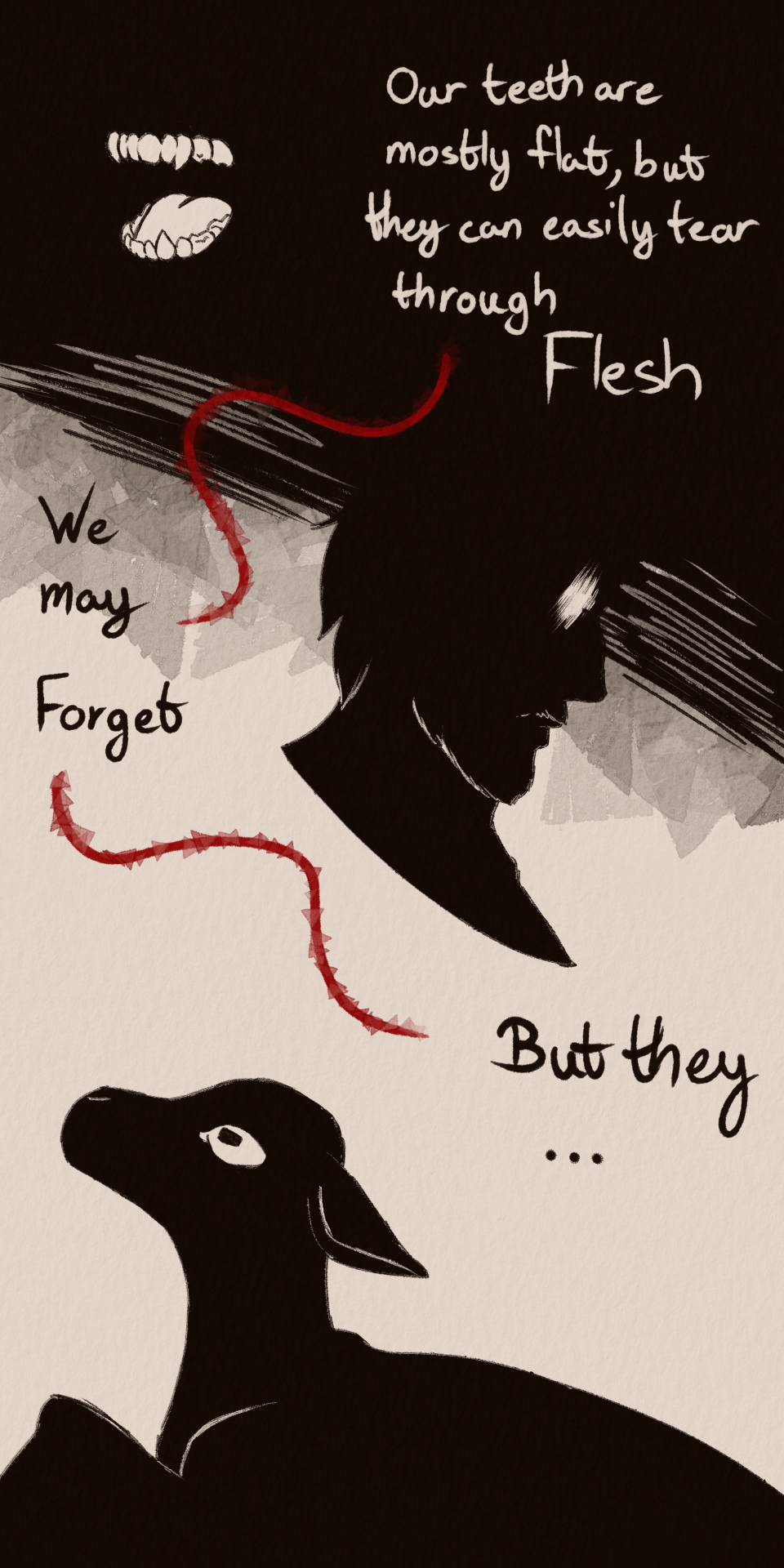
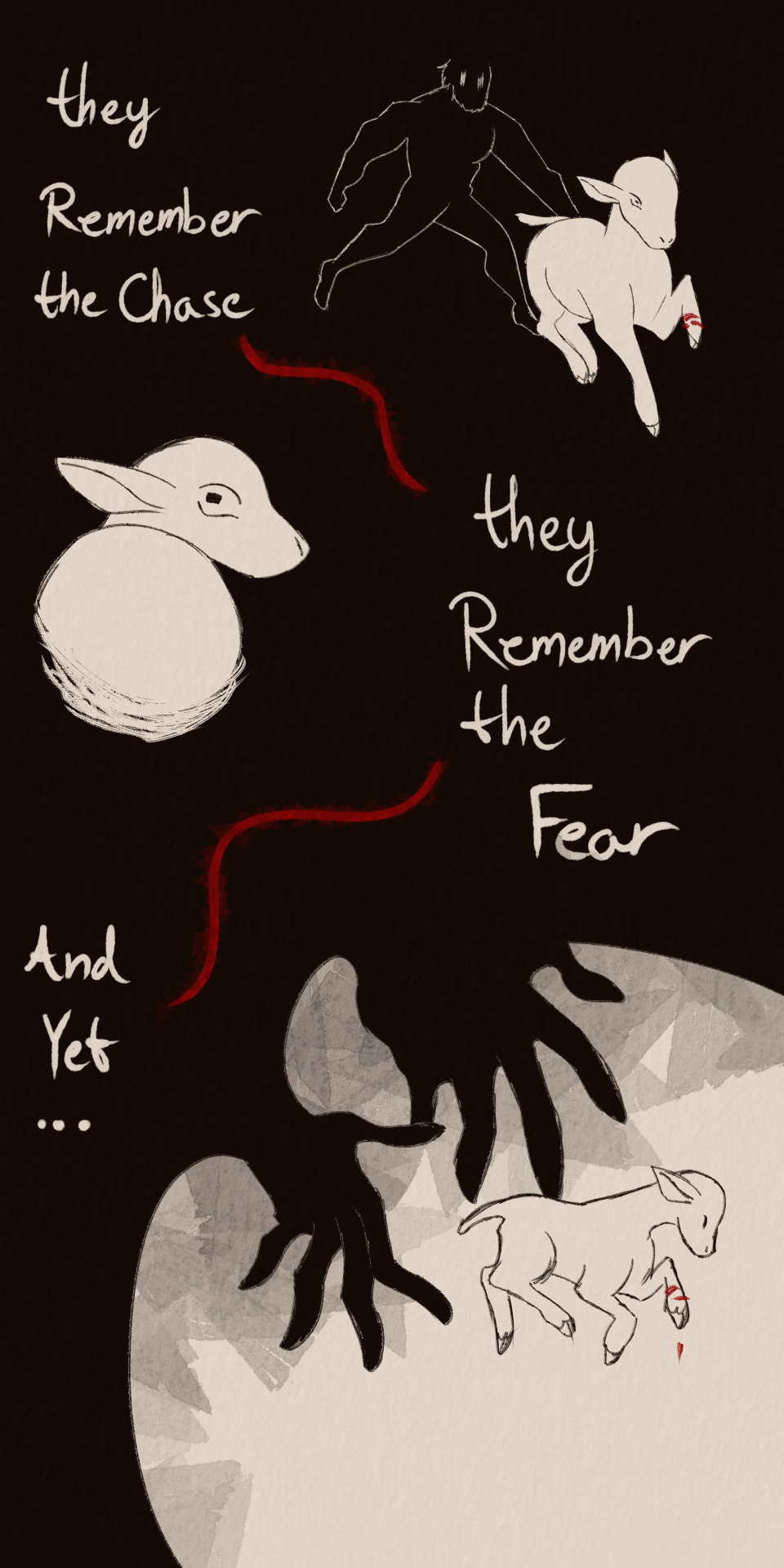
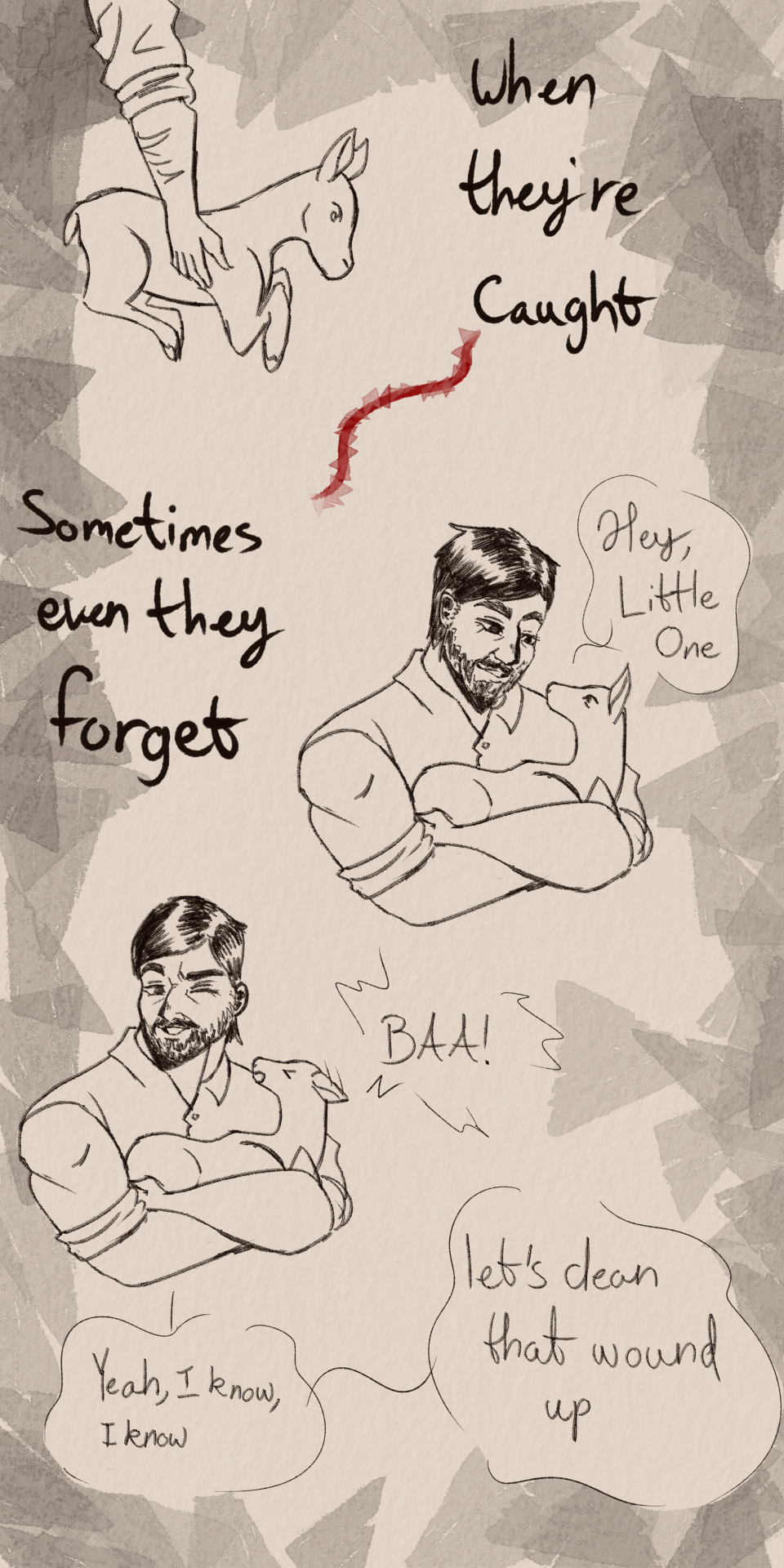
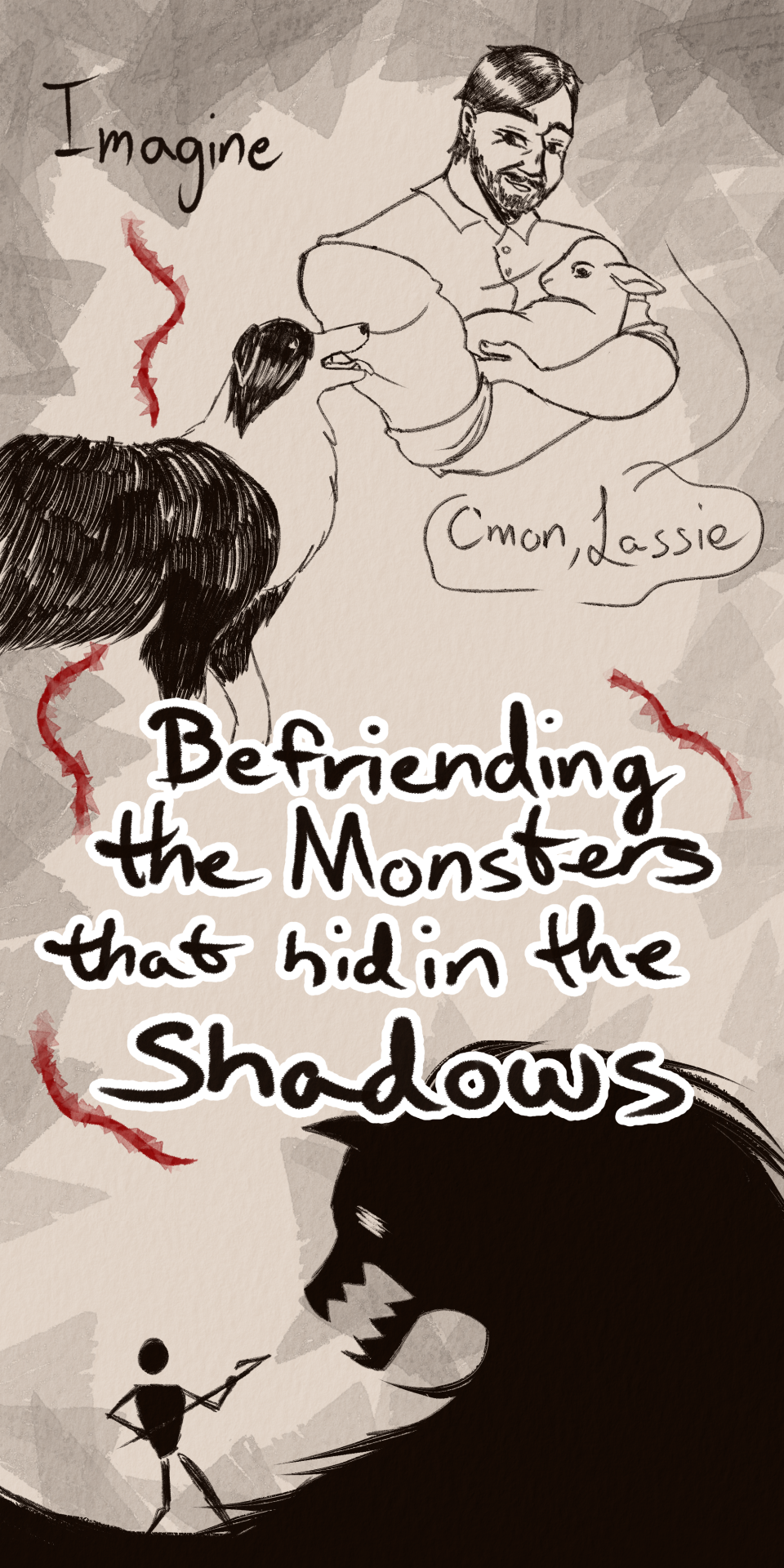
I had a vision

I understand people that believe in a religion. Isn't every sunset that's partially hidden by an average day's clouds proof of the devine?
A young student's selfie
Early summer, just before our last summer holidays, we got into a discussion with a teacher at recess.
He had a topic for us. Evidence. An opinion.
One more year and we'd be done with school. We felt so mature.
His discussion? Why, young girls and body images of course.
Oh, we were so in. He started on the young girls in his class, how they dressed. How they walked. How social media was trapping them. We nodded along, thinking we were talking about the same thing.
We thought we were talking about Instagram's clutch on our young sisters. The twelve year olds with eating disorders. The sleekly styled hair of middle schoolers with baby fat and round eyes.
He pulled out a photo.
A girl. We'd seen her. It was a good pic, her at eye level with a statue in a museum they'd gone to. A class trip. She'd asked this teacher to make the picture of her, all golden curls and brown lashes.
Look at what I had to photograph, he said. Showing us the lace bra peeking through her shirt, the pose she stroke like she was twenty-five.
We said all the right things. How horrifying it was. That society shouldn't do this to girls. Satisfied, he left, pocketing his phone.
That was two months ago.
Someone realised it yesterday. That class trip to the museum was four months ago.
He had kept the picture of her on his camera roll.
Lace bra and baby round eyes.

Desperately needed to have this on my blog

E. Hughes, from "My Mother at Twenty-One"
-
 multistanbabe liked this · 11 months ago
multistanbabe liked this · 11 months ago -
 holeinthehedgerow liked this · 11 months ago
holeinthehedgerow liked this · 11 months ago -
 libraryidealist reblogged this · 11 months ago
libraryidealist reblogged this · 11 months ago

(She/her) Hullo! I post poetry. Sometimes. sometimes I just break bottles and suddenly there are letters @antagonistic-sunsetgirl for non-poetry
413 posts